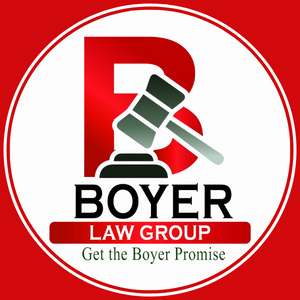When a person passes away, creditors usually aren’t going to stop trying to collect what they are due. Instead, they might try to use some harsh tactics to collect. Some might ask for a copy of the death certificate and others will push hard to get someone to pay the bills. One of the most important things that you can do if you’re in this position is to know your rights.
The estate of a person who dies is responsible for paying the bills. The only exception to this is if the debt is held jointly with another person. In the case of a joint debt, the creditor might go after the other account holder for the balance that’s due.
Anyone who is contacted by a creditor to try to collect on a deceased person’s debts should direct the company to the estate administrator. This person is the one who is responsible for trying to sort out what debts must be paid, and they must do this in a specific order. Debts that can’t be paid by the estate and that aren’t held in a joint account are usually just left unpaid.
One thing to remember when you’re contacted about paying the debts of a person who died is that you shouldn’t ever give your personal information out. This is especially true for your Social Security number and financial information. It might be beneficial to cite the Fair Debt Collection Practices Act when bill collectors contact you about your deceased relative’s debts. Besides this, simply give them the contact information for the administrator of the estate. If you are the administrator, stick to providing the relevant facts about the estate and nothing more.

